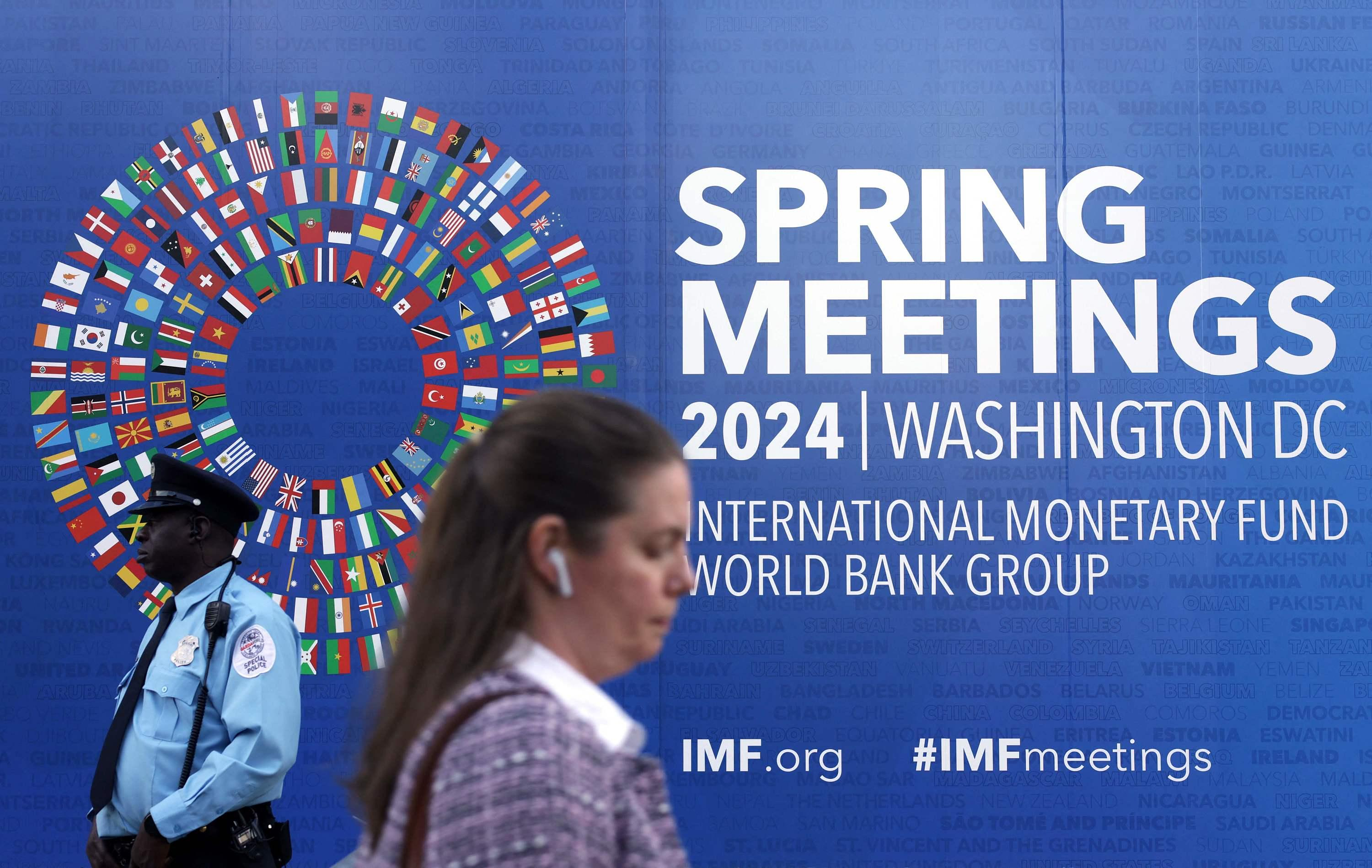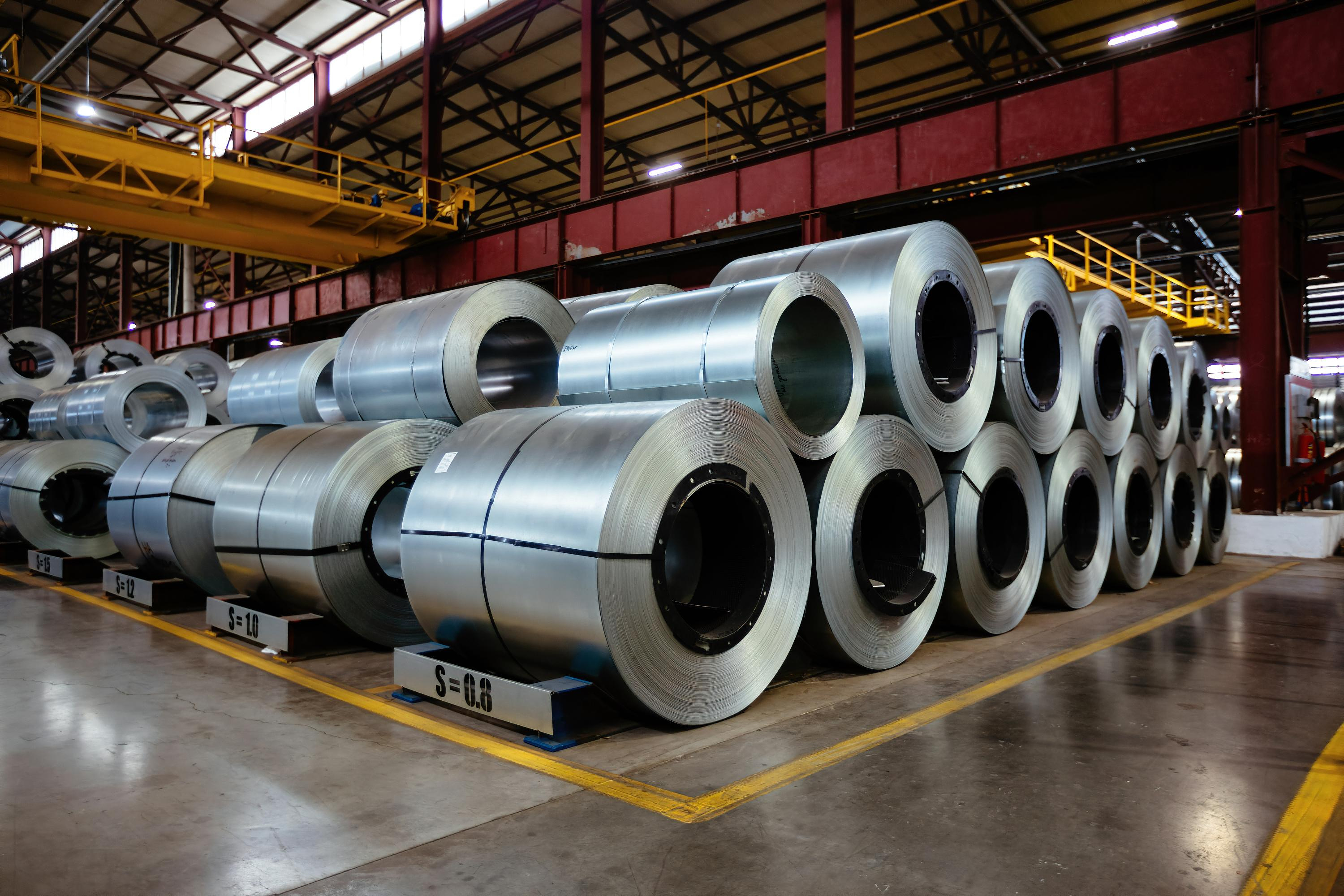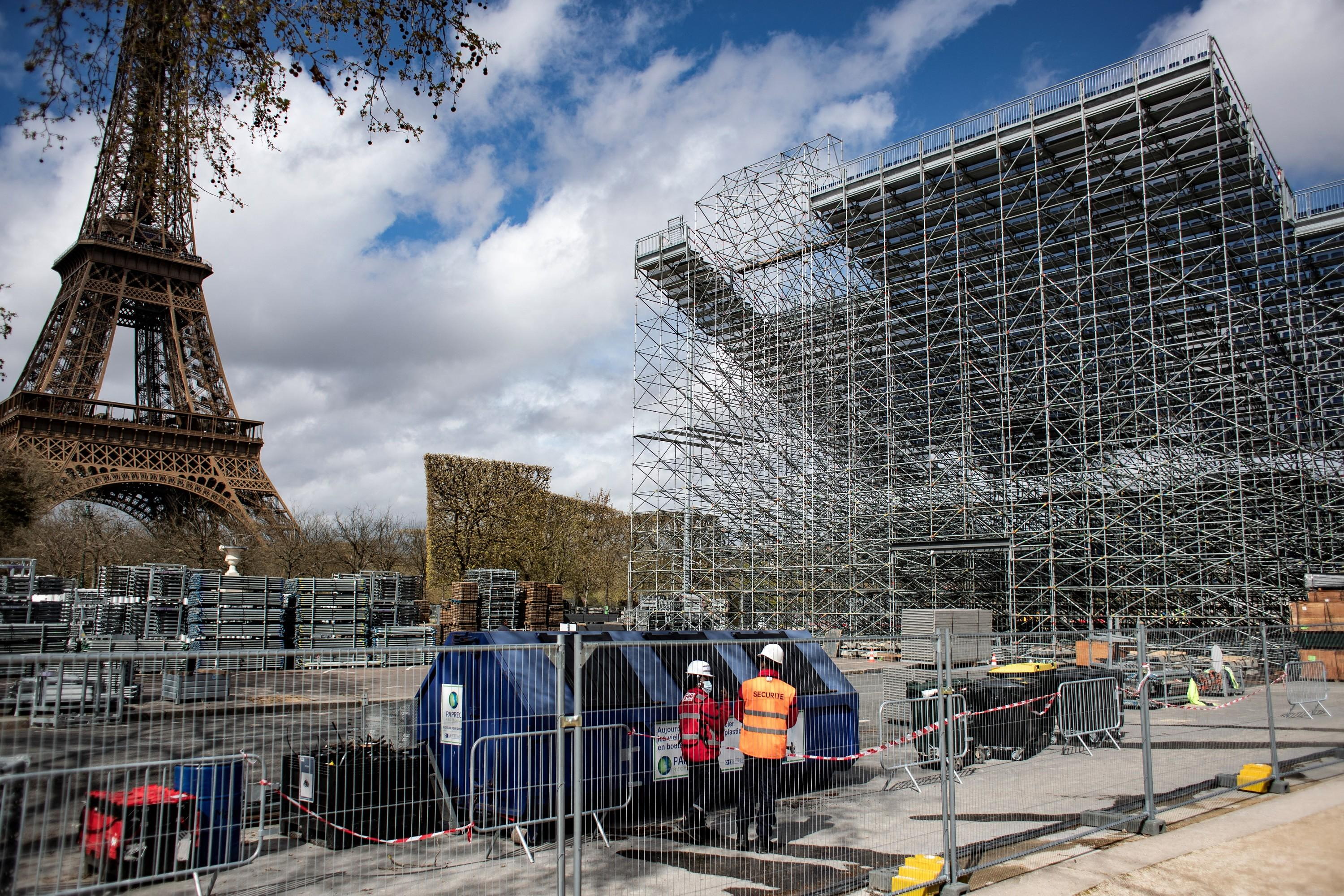The back seat of a car stuffed with raw meat. Crowds of people at a market and empty supermarket shelves. A woman who has apparently broken off her visit to the hairdresser and is queuing at the checkout in hair curlers and a smock to do some last-minute shopping. These scenes took place in the southwest Chinese city of Chengdu.
Despite reassurances from the local government that buying hamsters was unnecessary, the residents of Chengdu reacted in panic. They only had one day to prepare for a lockdown that is still almost as severe in China as it was at the beginning of the pandemic.
People fear being locked up indefinitely, just as the citizens of the metropolis of Shanghai felt for almost two months.
The radical corona lockdown in Shanghai had sparked protests in China against the tough measures taken by the Chinese People's Party. But there is no rethinking: China has sent the 21 million inhabitants of Chengdu into lockdown.
Before the important party congress in mid-October, the government remains tough. The strict zero-Covid policy is closely tied to the persona of President Xi Jinping, who is seeking a third, historic term and, in order to achieve this, is keen to record pandemic management as a personal success at all costs.
Pictures of long queues of people in China mean that the government is once again testing all citizens of a metropolis for Covid. Because that is what the zero Covid policy requires, which is intended to nip any outbreak of the virus in the bud.
In Chengdu, too, people are currently queuing to be tested. On Thursday last week, the city recorded 157 new infections, 51 of them asymptomatic.
The health authorities described the situation as "extremely complex and serious". The government ordered a lockdown that was supposed to end after four days on Sunday. But now it has been extended until at least Wednesday. The local government needs more time to carry out the mass tests and get the situation under control.
Chengdu citizens fear the curfew could be dragged on indefinitely, similar to what happened in Shanghai. China's most important economic metropolis had also sent its population into a lockdown for a few days in April. In the end, most Shanghainese couldn't go outside for about two months.
The lockdowns across China never end. Currently, 33 cities in China with around 65 million inhabitants are affected by corona restrictions. In late July, a district home to nearly a million people in Wuhan was put under lockdown due to four asymptomatic cases.
The Chinese, most of whom have not left the country for two and a half years, were not granted a holiday either. The city of Sanya on Hainan Island, the "Hawaii of China," went into lockdown after a spike in positive cases in August, leaving thousands of tourists stranded.
It seems the Chinese president got stuck in the first year of the pandemic. Many heads of government and virologists took China's strict pandemic management as a model at the time. But today, when most countries have either effectively immunized their populations with mRNA vaccines or learned to live with the virus, Beijing continues to cling to zero-Covid.
Major Chinese cities are repeatedly in lockdown. At the same time, vaccination rates are too low for an opening. Mass tests, closed borders and long quarantines are enforced rigorously and sometimes with the use of force by the pro-government neighborhood committees.
The population is increasingly irritated: in restrictive China you can see street protests, unrest and displeasure on social media, which the authorities hastily delete. The hashtag “Chengdu Lockdown” is currently blocked on the Chinese internet. The government calls it "stay at home".
The economy also suffers from the constant interventions in public life. The municipalities can no longer bear the costs of the millions of PCR tests.
In January, the International Monetary Fund lowered its growth forecast for China for 2022 to 4.8 percent from 5.6 percent, citing “pandemic-related disruptions related to the zero-tolerance policy of Covid-19” as the main factor. Unemployment is rising, especially among young people.
Despite everything, Xi Jinping is not changing course. The President said the approach was "scientific and effective". Zero-Covid has long been noted as China's success and superiority over the West. Politics is closely linked to Xi Jinping's political persona.
The slightest change in policy would mean Xi would lose face and China's internal image as a winner in pandemic management would crumble.
This is something to avoid at all costs as Xi seeks a historic third term at the landmark 20th party congress on Oct. 16. In 2018, he lifted the two-term limit for the office of president.
Unlike in democratic countries, China's one-party system derives its legitimacy not from electoral votes but from its "performance". Zero-Covid is to be recorded as a success at all costs in the fall.
October 16 is a ray of hope for many people in China living in constant fear of the next lockdown or quarantine stay: there is hope that the strict zero-Covid policy will come to an end, or be relaxed, if Xi Jinping achieved his iron goal of remaining President.

 Knife attack in Australia: who are the two French heroes congratulated by Macron?
Knife attack in Australia: who are the two French heroes congratulated by Macron?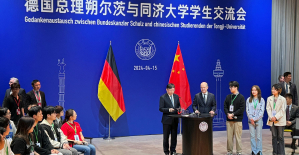 Faced with an anxious Chinese student, Olaf Scholz assures that not everyone smokes cannabis in Germany
Faced with an anxious Chinese student, Olaf Scholz assures that not everyone smokes cannabis in Germany In the Solomon Islands, legislative elections crucial for security in the Pacific
In the Solomon Islands, legislative elections crucial for security in the Pacific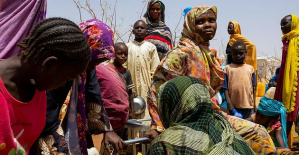 Sudan ravaged by a year of war
Sudan ravaged by a year of war Covid-19: everything you need to know about the new vaccination campaign which is starting
Covid-19: everything you need to know about the new vaccination campaign which is starting The best laptops of the moment boast artificial intelligence
The best laptops of the moment boast artificial intelligence Amazon invests 700 million in robotizing its warehouses in Europe
Amazon invests 700 million in robotizing its warehouses in Europe Inflation rises to 3.2% in March due to gasoline and electricity bills
Inflation rises to 3.2% in March due to gasoline and electricity bills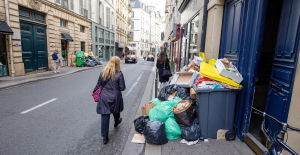 Olympic Games-2024: which professions are likely to strike during the competition?
Olympic Games-2024: which professions are likely to strike during the competition? Pizzas sold throughout France recalled for “possible presence” of glass debris
Pizzas sold throughout France recalled for “possible presence” of glass debris “As for a football player, there is a contract”: Carlos Tavares defends his remuneration of 36.5 million euros
“As for a football player, there is a contract”: Carlos Tavares defends his remuneration of 36.5 million euros Stellantis: shareholders validate the controversial remuneration of Carlos Tavares
Stellantis: shareholders validate the controversial remuneration of Carlos Tavares Dune 3 will be the last film of Denis Villeneuve's adaptation
Dune 3 will be the last film of Denis Villeneuve's adaptation Shane Atkinson, humble disciple of the Coen brothers
Shane Atkinson, humble disciple of the Coen brothers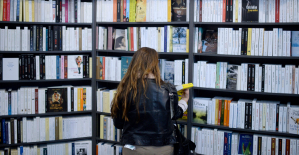 Outcry from publishers against the authorization of advertising for books on television
Outcry from publishers against the authorization of advertising for books on television Eddy de Pretto celebrates his “last party too many” at the Olympia
Eddy de Pretto celebrates his “last party too many” at the Olympia Skoda Kodiaq 2024: a 'beast' plug-in hybrid SUV
Skoda Kodiaq 2024: a 'beast' plug-in hybrid SUV Tesla launches a new Model Y with 600 km of autonomy at a "more accessible price"
Tesla launches a new Model Y with 600 km of autonomy at a "more accessible price" The 10 best-selling cars in March 2024 in Spain: sales fall due to Easter
The 10 best-selling cars in March 2024 in Spain: sales fall due to Easter A private jet company buys more than 100 flying cars
A private jet company buys more than 100 flying cars This is how housing prices have changed in Spain in the last decade
This is how housing prices have changed in Spain in the last decade The home mortgage firm drops 10% in January and interest soars to 3.46%
The home mortgage firm drops 10% in January and interest soars to 3.46% The jewel of the Rocío de Nagüeles urbanization: a dream villa in Marbella
The jewel of the Rocío de Nagüeles urbanization: a dream villa in Marbella Rental prices grow by 7.3% in February: where does it go up and where does it go down?
Rental prices grow by 7.3% in February: where does it go up and where does it go down? Europeans: the schedule of debates to follow between now and June 9
Europeans: the schedule of debates to follow between now and June 9 Europeans: “In France, there is a left and there is a right,” assures Bellamy
Europeans: “In France, there is a left and there is a right,” assures Bellamy During the night of the economy, the right points out the budgetary flaws of the macronie
During the night of the economy, the right points out the budgetary flaws of the macronie Europeans: Glucksmann denounces “Emmanuel Macron’s failure” in the face of Bardella’s success
Europeans: Glucksmann denounces “Emmanuel Macron’s failure” in the face of Bardella’s success These French cities that will boycott the World Cup in Qatar
These French cities that will boycott the World Cup in Qatar Dortmund-Atlético: two months before the Euro, Griezmann warms up the engine
Dortmund-Atlético: two months before the Euro, Griezmann warms up the engine Football: Bernd Hölzenbein, 1974 world champion, died at 78
Football: Bernd Hölzenbein, 1974 world champion, died at 78 'Everything comes to an end': Surfing legend Kelly Slater moves closer to retirement
'Everything comes to an end': Surfing legend Kelly Slater moves closer to retirement Athletics: the victory of a transgender athlete causes controversy in the United States
Athletics: the victory of a transgender athlete causes controversy in the United States




